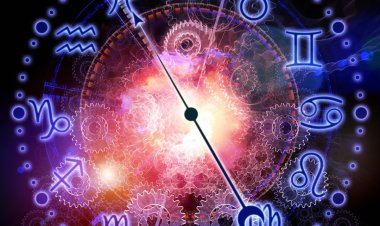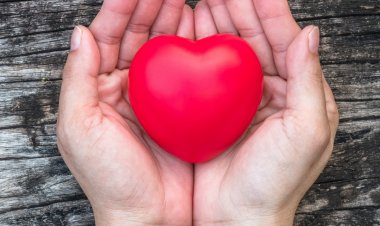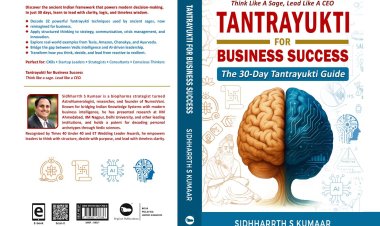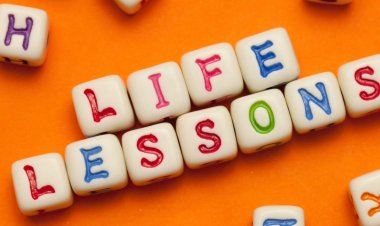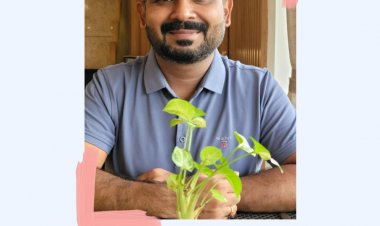Ms. Pandemic Woes, WARNING: psychiatrist Shetty ahead!
The reigning Dame of Anxiety: Ms. Pandemic Woes – is losing sleep over folks flocking off to holistic experts, seeking counsel. And one spoilsport has expressly earned her ire: psychiatrist Dr. Harish Shetty, who’s hacking into her glee consistently, delivering reliable results to followers despite all odds. Ajit Ramachanddran quizzes the ‘Mindman of Mumbai’

Ms. Pandemic Woes, WARNING: Psychiatrist Shetty ahead!
The reigning Dame of Anxiety: Ms. Pandemic Woes – is losing sleep over folks flocking off to holistic experts, seeking counsel. And one spoilsport has expressly earned her ire: psychiatrist Dr. Harish Shetty, who’s hacking into her glee consistently, delivering reliable results to followers despite all odds. Ajit Ramachanddran quizzes the ‘Mindman of Mumbai’
Chaos soars to a new crescendo, thanks to the schizophrenic ways of the pandemic. With health officials foreboding an imminent third wave, the scenario doesn’t leave much to cheer about. And yet - in the midst of such palpable uncertainty – psychiatrist Dr. Harish Shetty: trainer, researcher and avid blogger remains centred in calmness, leading by example. Excerpts from a timely Q & A on issues surrounding the global viral setback…
First off, between the sexes, which one has been more affected by the pandemic?
Men have been affected more than women in terms of infection, but the mental health consequences are similar. More than 1 lakh people have died in Maharashtra. The invisibility of the virus, long impact phase and the isolation of those affected far away from relatives have multiplied the consequences.
What about housewives, the most taken-for-granted segment of society?
Housewives are more prone to suicide in the NCRB figures. Approximately 1/6 of those who end their lives by suicide are women owing to a huge work burden. A lot of hostility and agitation are common symptoms. Those with a past history of mental illness are doing worse, whereas those where home-makers were supported are faring better.
Repeated lockdowns have impacted people rather adversely…
Lockdowns caused lack of movement, loss of man days, depreciating financial states and excessive contact between family members. Uncertainty multiplies fears, anger, panic and irritability increases. Also, lack of movement and poor interaction with nature caused more emotional depression.
What’s your take on ‘Work From Home’ – the preferred option, nowadays…
It has helped many who were shy, introverted and had to report to one or two bosses. Otherwise, matters are bad! Longer working hours have had a deleterious consequence. The corporates were kind initially for 3 to 4 months, but later it has been dangling the threats of deadlines, targets and balance sheets. Largely, online interactions have been unhealthy with veiled threats and insensitivity from top bosses. Interpersonal relations, concentration and work efficiency plummeted and high levels of fears prevailed.
Would you agree that there has been an increase in substance abuse and escapist tendencies too?
All disaster situations see an increase of alcohol use. There is speculative evidence towards the same. Gaming too multiplied across the country as a consequence of “boredom'”, but so did online learning!
As an active campaigner for school children, how has the concept of online education impacted them?
Kids are suffering big time! There is dismay, loss of interest, hostility, loss of meaning and fear of career dreams crashing. Many children seriously think of self-harm too. I have written to the government to begin schools in a phased-out manner, as a pilot.
Transitioning from the first wave of COVID-19 to the present, what are your impressions on its collective effect on lives?
The period between the first and second wave was a honeymoon phase, in which mental health collectively improved. But as the second wave gathered momentum with deaths increasing, it proved to be devastating. More people got scared, anxious, depressed, violent and also suicidal.
Have the vaccination drives not helped to augment positivity?
Initially there was hesitancy, as regards vaccination. But fears receded and there was euphoria following the first vaccine and later, the second. But this exaggerated ecstasy led to reckless behaviours too. Infection following vaccination has been far and few. Today, the jabs are a self-esteem booster and a fearodemic destroyer, wherein fearodemic means fear + epidemic.

 Ajit Ramachanddran
Ajit Ramachanddran 







